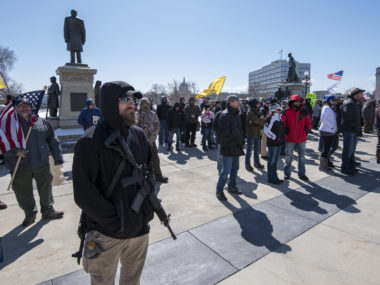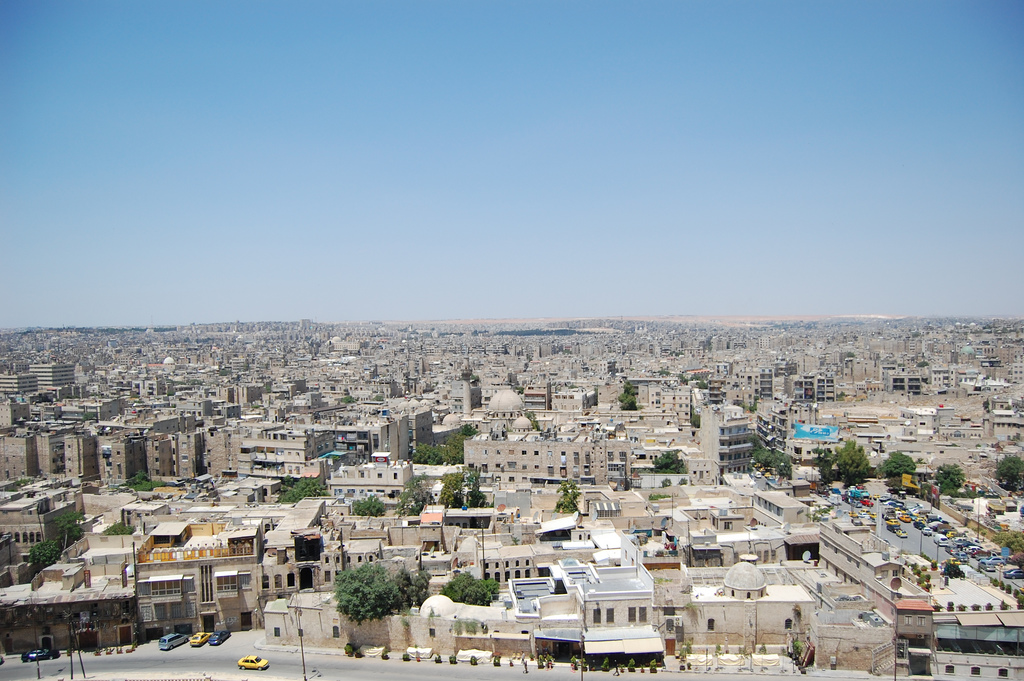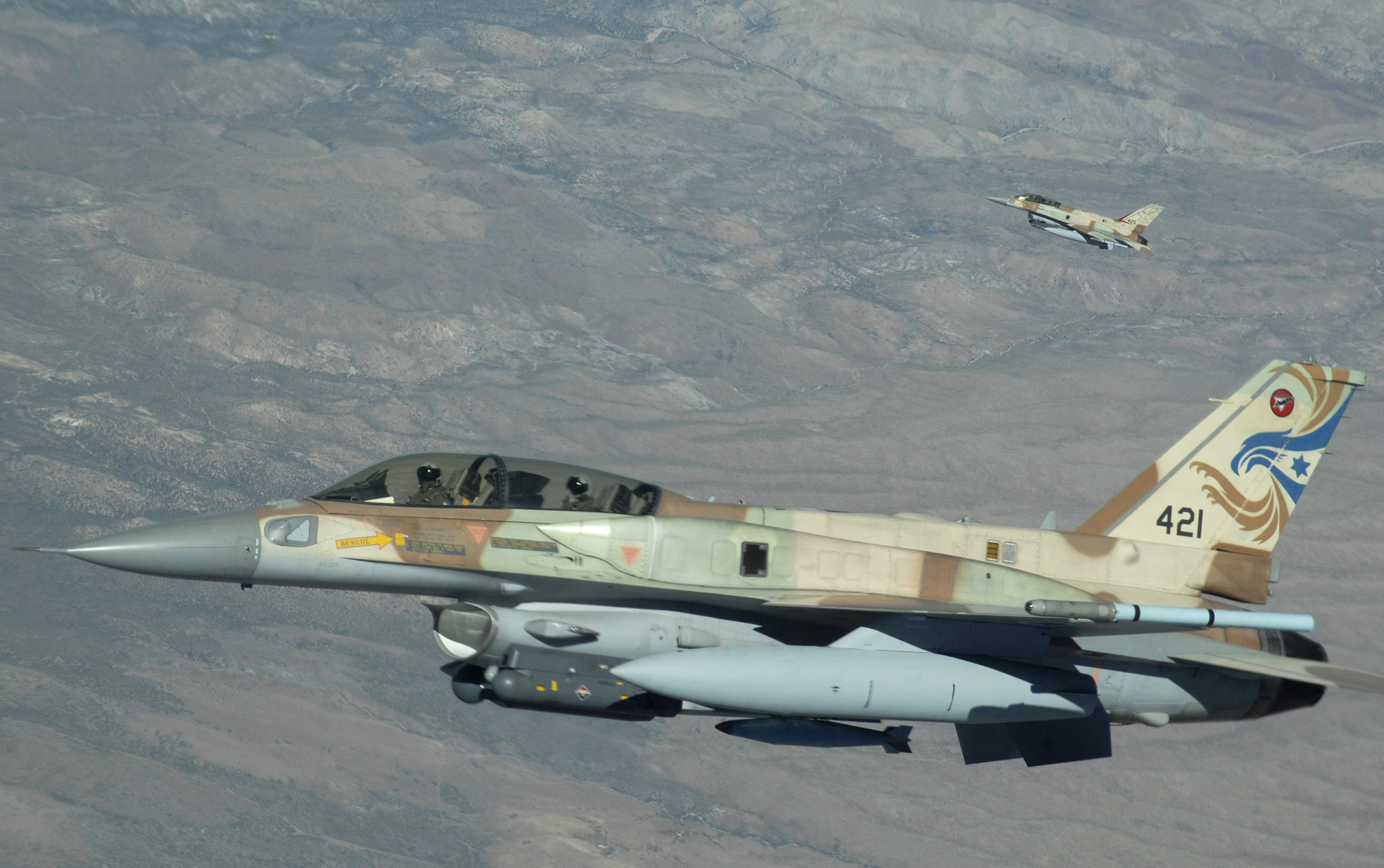
Violence in the Middle East has a way of tapping into one-dimensional reactions from most Americans. Whenever violence occurs, journalists, pundits, and others tend to fall back on the same simplistic explanations. It occurs because “Islam is inherently violent,” “Muslims are radicals,” or “Sunni and Shia hate each other.” These crude explanations are dangerous because they tend to lead to misguided calls for US action unconnected to historical fact. “We must intervene in places like Syria or Iraq” the calls assert, “to stop the crazy radicals from gaining control.”
Here are corrections to the 4 big myths Americans continue to hold about violence in the Muslim world. By getting rid of these misconceptions, I hope we can eliminate their influence over US foreign policy and allow more reasoned judgments to prevail.
Myth #1: Most Muslims hate the United States – In fact, the vast majority of Muslims around the world love the United States and its culture, they just hate our policies toward them. Our belief that there’s an inherent “Clash of Civilizations” between the Muslim and Judeo-Christian world has led to policies that are self-perpetuating. We fear democracy in the Middle East because we fear rule by Islamist groups such as the Muslim Brotherhood. But by supporting Middle East dictators we end up facilitating the repression that leads to the rise of Islamist groups in the first place. If our policies in the Middle East were less violent, less imperialist, and less blindly supportive of repressive secular regimes, we would garner a lot more support from Muslim citizens at the expense of more radical factions.
Myth #2: Average Muslims support radical Islam and want to live under such a regime – A recent survey by the Pew Research Center found that over 2/3rds of Muslims were somewhat or very concerned about Islamic extremism. Given a choice, most Muslims would support moderate Islamic groups, as the Egyptians did with the Muslim Brotherhood in the 2012 elections. But US enmity toward any Islamic political party leaves citizens with limited options: they can either choose to support a corrupt secular dictator supported by the United States or they can support a radical religious movement that seeks to violently overthrow it. To date, the US has been unwilling to tolerate anything in between these two extremes.
Myth #3: The wars being waged in the Middle East are about religion – The wars in Syria, Iraq and Libya are battles over political power and economic resources, not religion. They are also not wars with the United States. The US has interjected itself into conflicts in the region by protecting and bolstering unpopular regimes, but the wars themselves are ultimately the result of local and regional groups fighting for state power and the resources these states control.
Myth #4: The US has the ability to fix things in the Middle East – The United States does not have the resources or the political resolve to impose our will on citizens across the Muslim world. Even if we had the resources and determination to intervene, intervention will only make things worse. Good intentions are not enough to lead to good outcomes. In fact, our recent interventions in Afghanistan and Iraq have shown that U.S. intervention has led to even worse outcomes than if we had done nothing at all.








0 comments
Indeed, those are myths, but they are quite convenient for justifying imperial policies and activities. I expect they will persist as long as they serve that purpose.